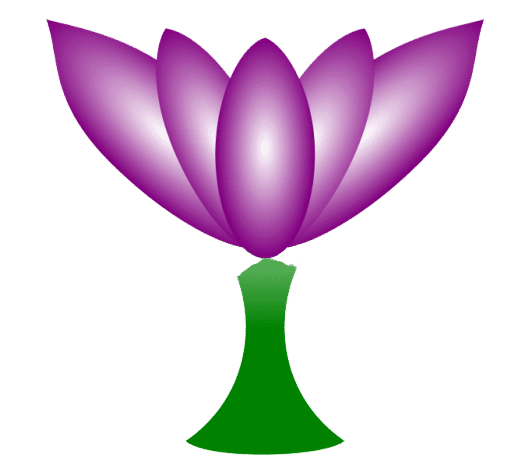- Volume 216, Issue 4
- April 2020 , pp. 222-230
The effects of once- versus twice-weekly sessions on psychotherapy outcomes in depressed patients
- Sanne J. E. Bruijniks (a1), Lotte H. J. M. Lemmens (a2), Steven D. Hollon (a3), Frenk P. M. L. Peeters (a4) …
-
- Published online by Cambridge University Press: 07 February 2020
Abstract
Background
It is unclear what session frequency is most effective in cognitive–behavioural therapy (CBT) and interpersonal psychotherapy (IPT) for depression.
Aims
Compare the effects of once weekly and twice weekly sessions of CBT and IPT for depression.
Method
We conducted a multicentre randomised trial from November 2014 through December 2017. We recruited 200 adults with depression across nine specialised mental health centres in the Netherlands. This study used a 2 × 2 factorial design, randomising patients to once or twice weekly sessions of CBT or IPT over 16–24 weeks, up to a maximum of 20 sessions. Main outcome measures were depression severity, measured with the Beck Depression Inventory-II at baseline, before session 1, and 2 weeks, 1, 2, 3, 4, 5 and 6 months after start of the intervention. Intention-to-treat analyses were conducted.
Results
Compared with patients who received weekly sessions, patients who received twice weekly sessions showed a statistically significant decrease in depressive symptoms (estimated mean difference between weekly and twice weekly sessions at month 6: 3.85 points, difference in effect size d = 0.55), lower attrition rates (n = 16 compared with n = 32) and an increased rate of response (hazard ratio 1.48, 95% CI 1.00–2.18).
Conclusions
In clinical practice settings, delivery of twice weekly sessions of CBT and IPT for depression is a way to improve depression treatment outcomes.
